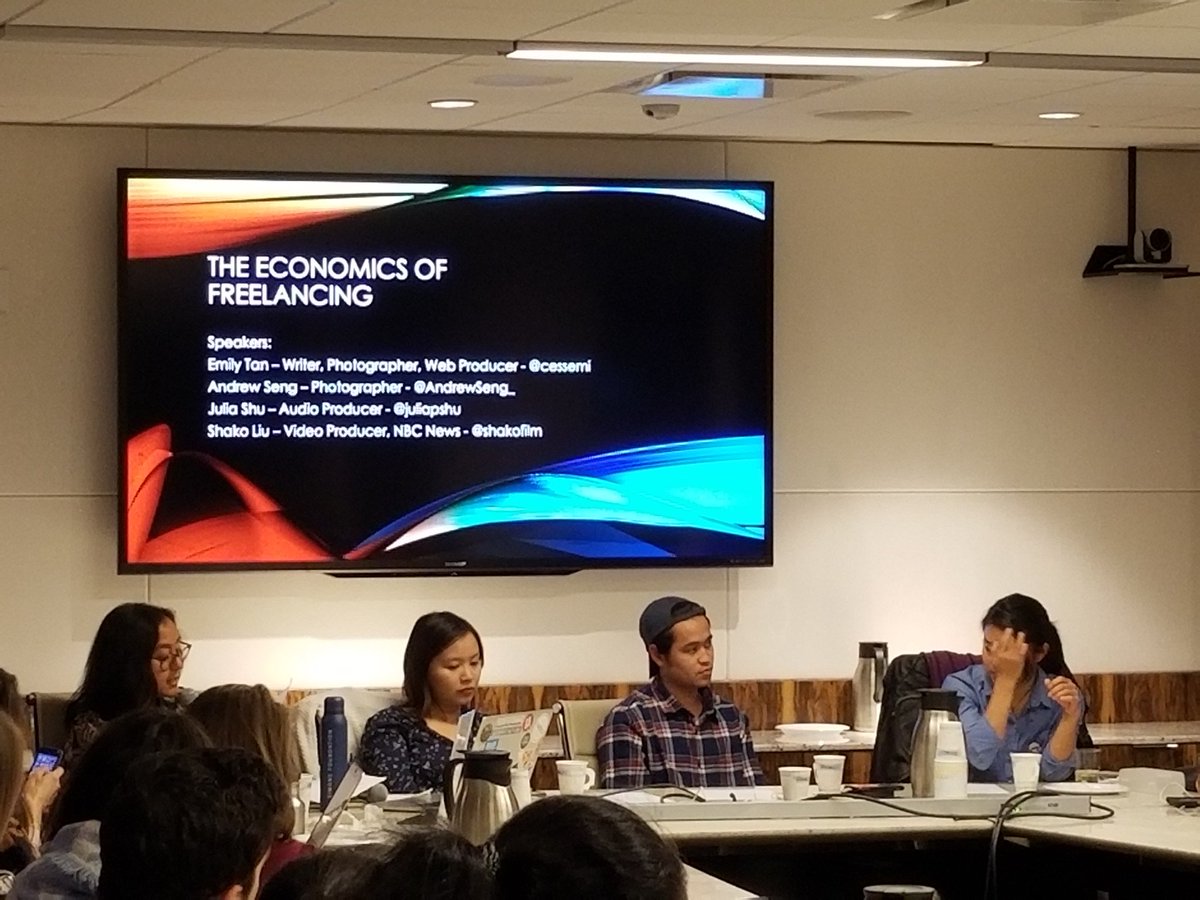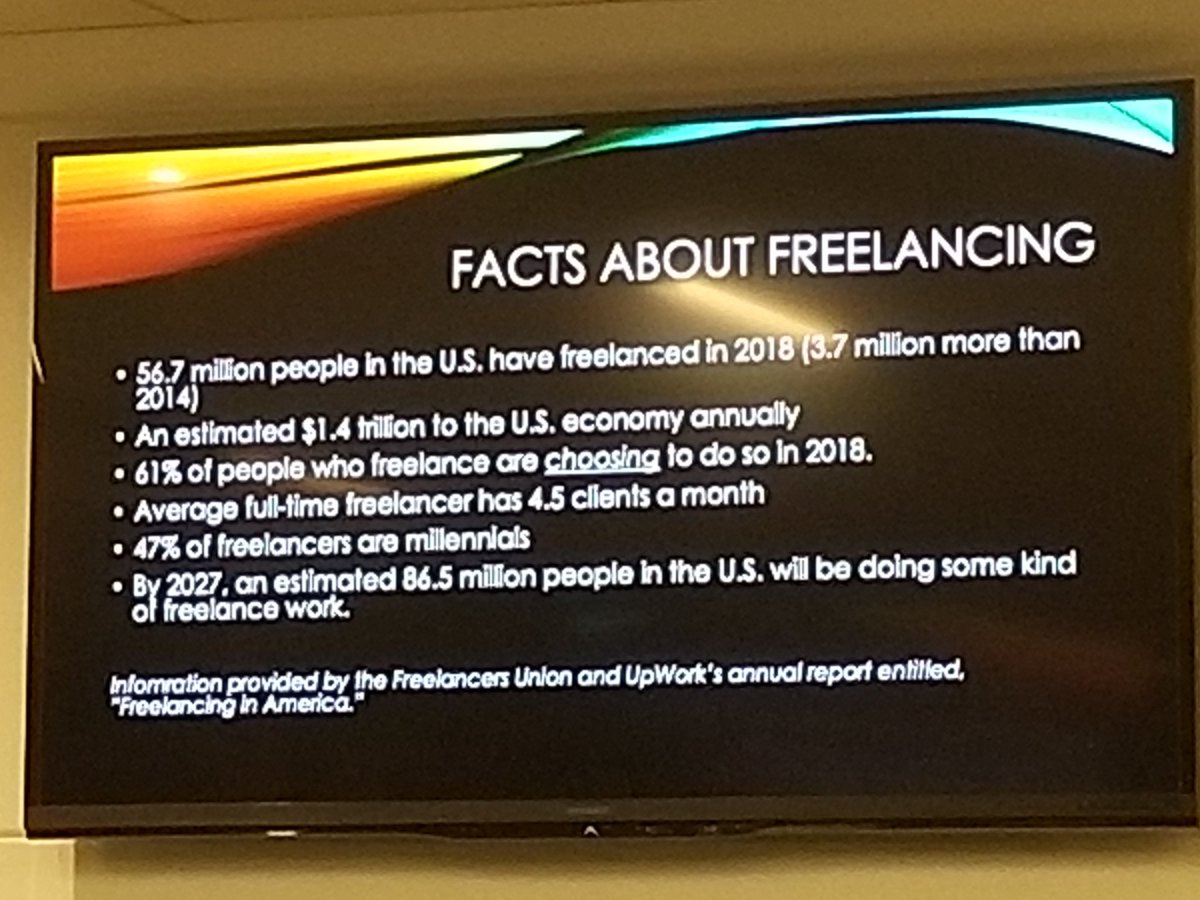--if you write fast, you're getting screwed
--if you write slow, the client's getting screwed
Yeah, either it comes to you in a flash or you got nothing.
That's about 4 hours of work. If I were charging per-hour, I'd get paid for 2.
Get real-time email alerts when new unrolls are available from this author!
Twitter may remove this content at anytime, convert it as a PDF, save and print for later use!

1) Follow Thread Reader App on Twitter so you can easily mention us!
2) Go to a Twitter thread (series of Tweets by the same owner) and mention us with a keyword "unroll"
@threadreaderapp unroll
You can practice here first or read more on our help page!



